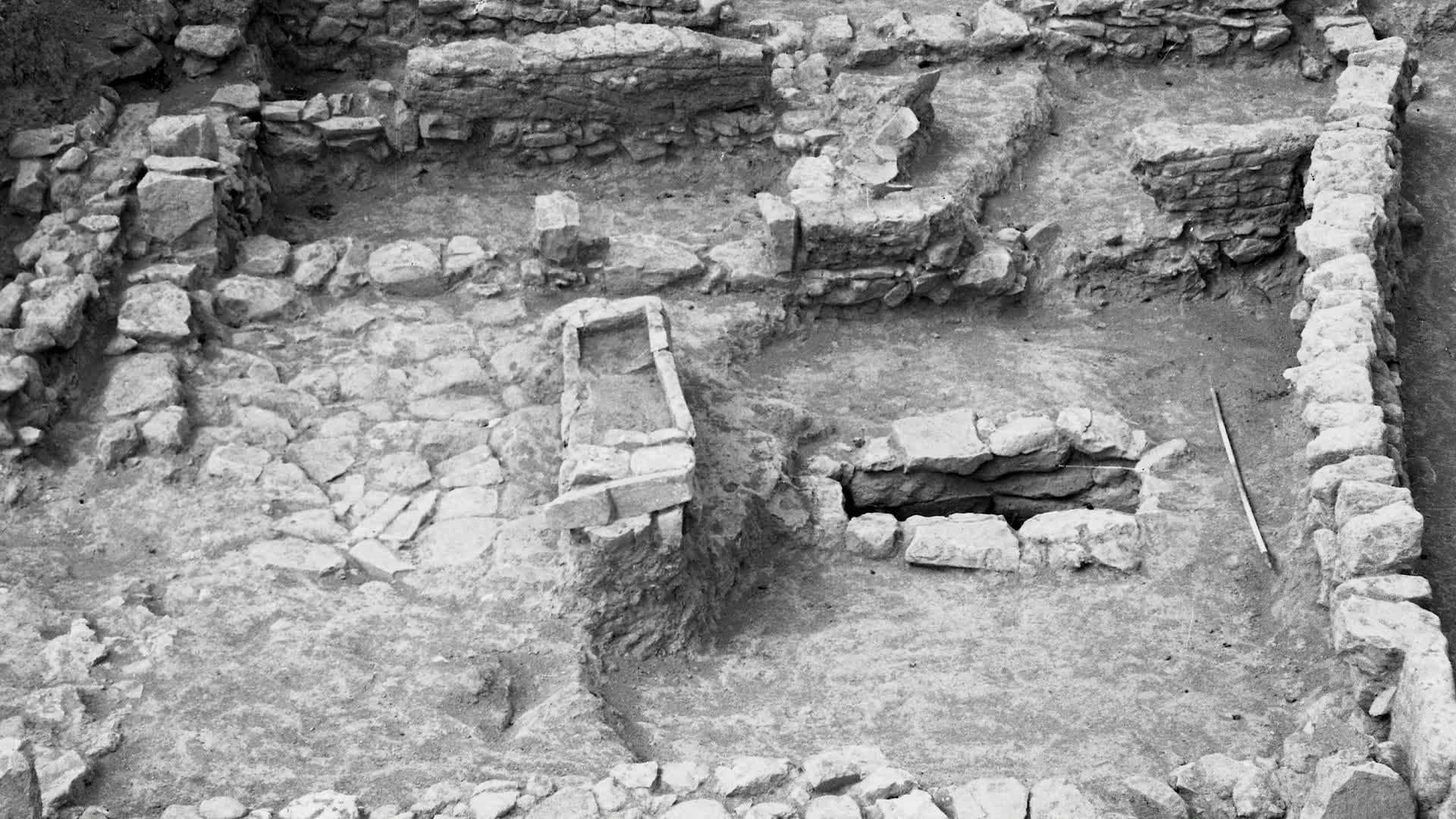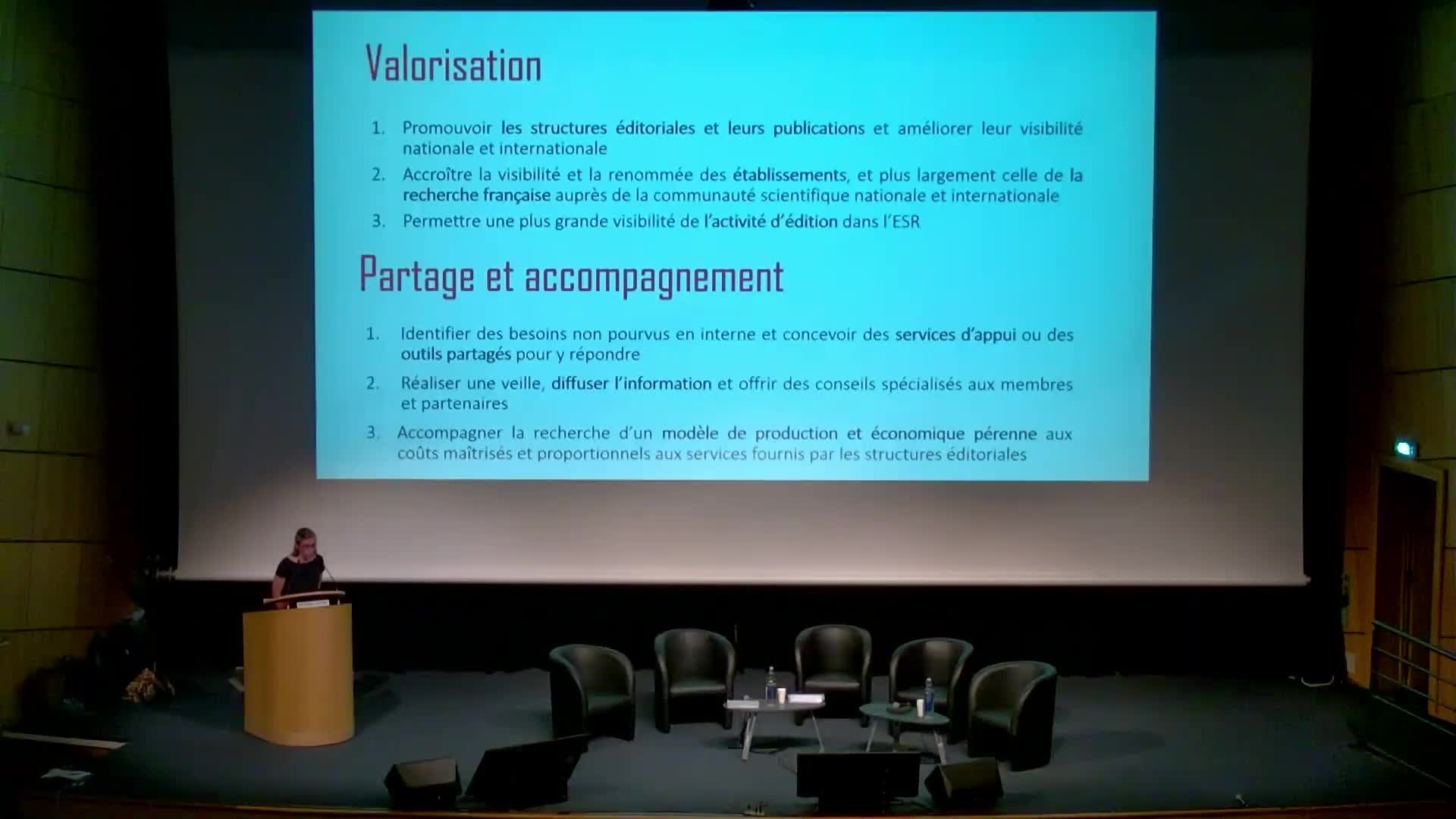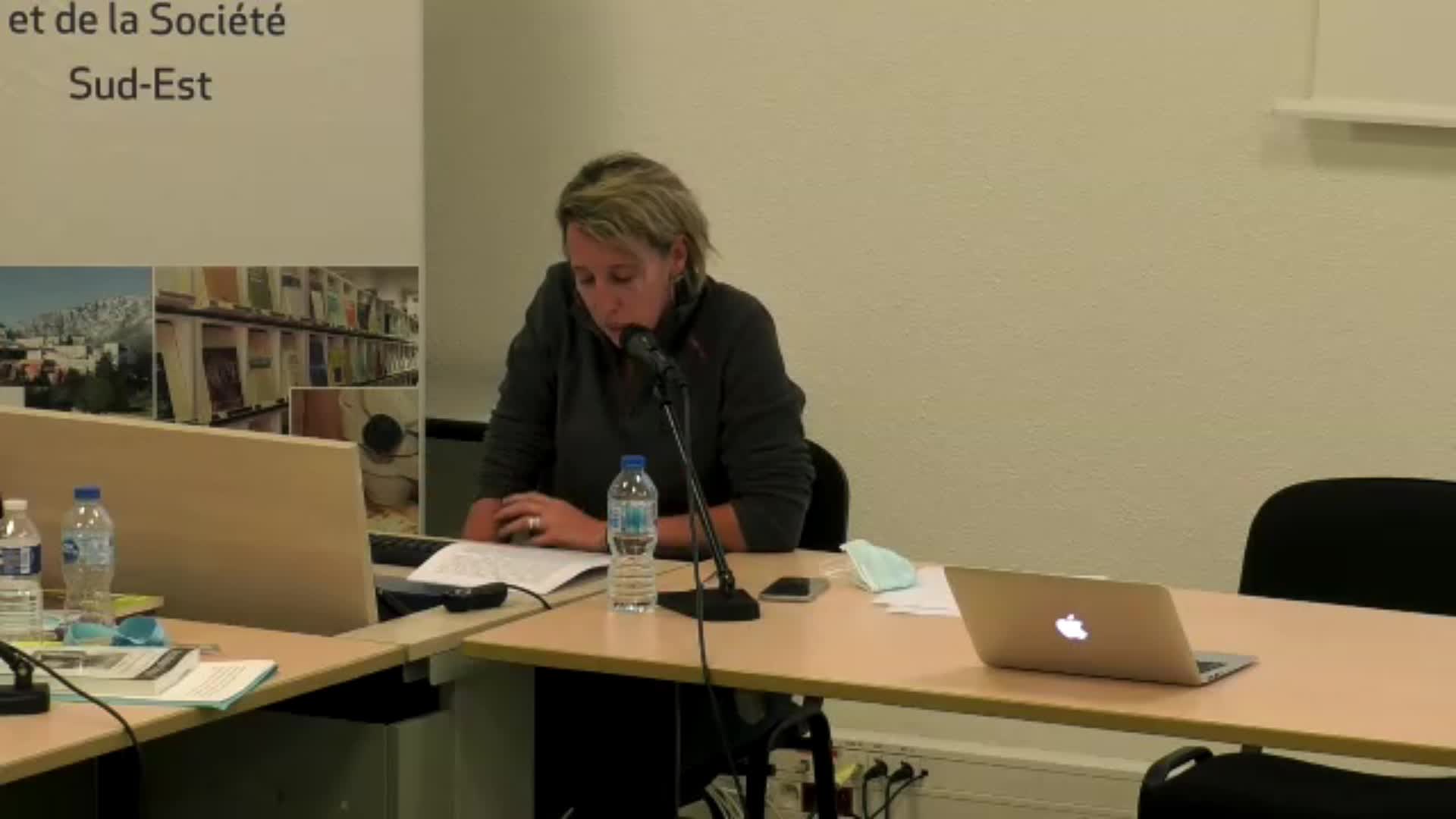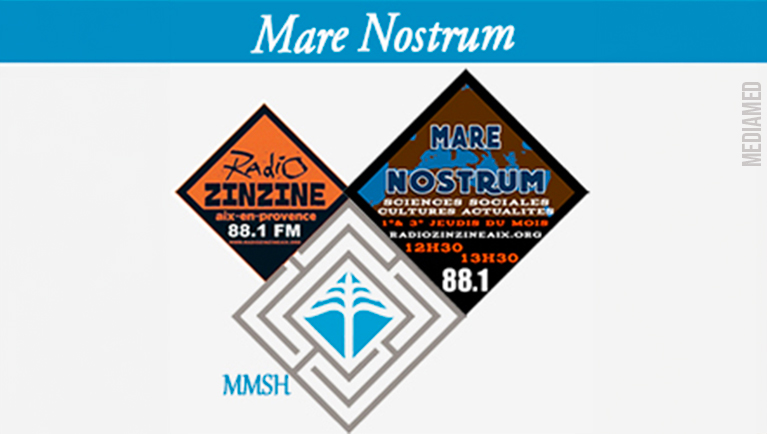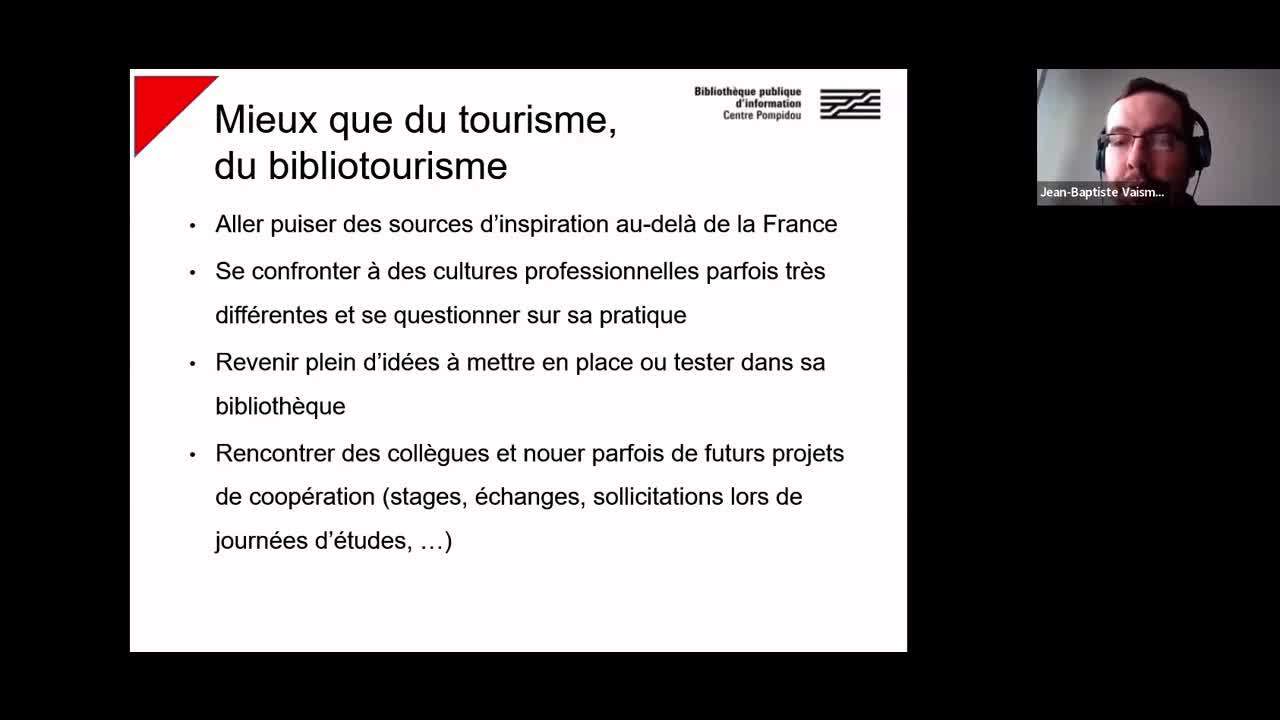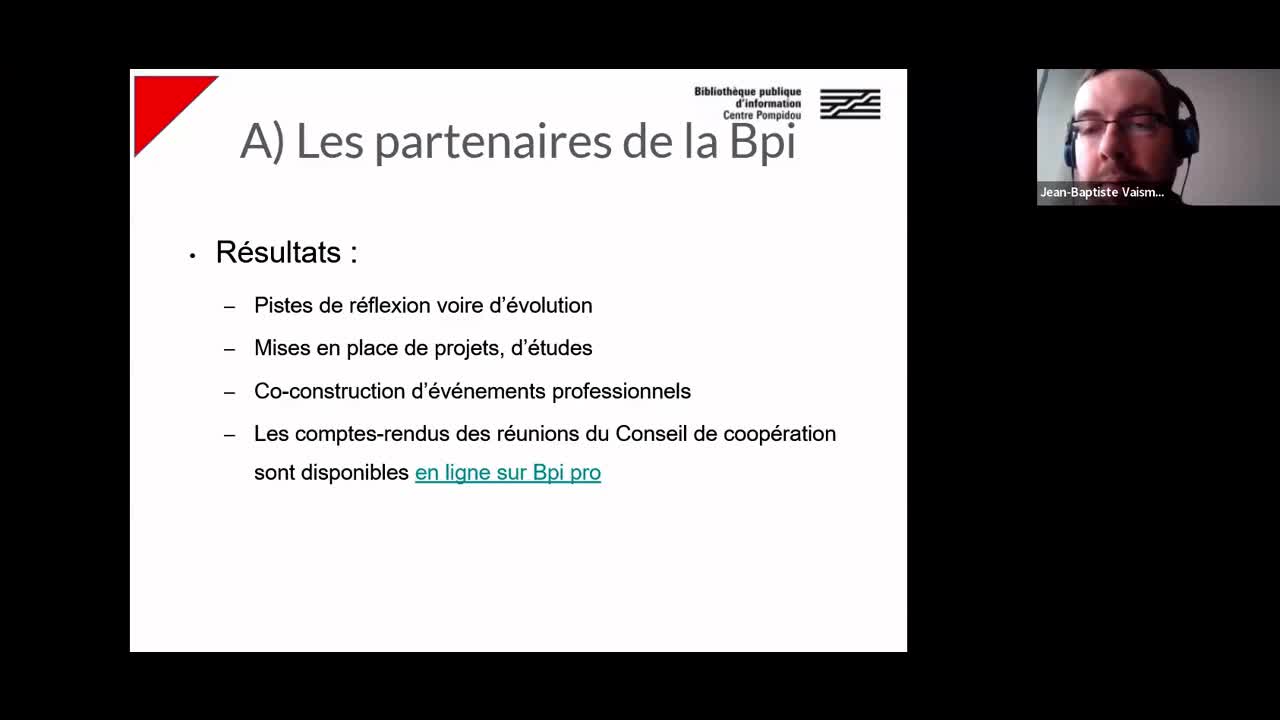Notice
Before Confessional Communities: Jacob Lasry and Jewish Merchants in Early Colonial Algeria
- document 1 document 2 document 3
- niveau 1 niveau 2 niveau 3
Descriptif
Session 9 : Communautés, repères et ancrages identitaires
Colloque : Migrations, identité et modernité au Maghreb
Colloque international organisé à Essaouira (Maroc), du 17 au 20 mars 2010.
Ce colloque est une initiative d’universitaires français et marocains, auxquels se sont joints des collègues du monde entier, dans un engagement commun pour une lecture pluraliste de l’histoire récente du Maroc et du Maghreb. Accueilli à Essaouira et soutenu par deux instances chargées de la défense des droits humains et de la mise en application des recommandations de l’Instance équité et réconciliation, ce colloque a essayé d’aborder, de façon publique, pour la première fois dans un pays du Maghreb, la question du départ des juifs, recontextualisée dans sa profondeur historique et mise en perspective avec les flux migratoires des communautés musulmanes. Sans esquiver les dimensions spécifiques ni les enjeux politiques de ces départs, il a cherché à en réévaluer la place. Il a pour cela réintroduit au cœur du questionnement les projets migratoires, les parcours de migrants et les dynamiques de constructions communautaires.
En savoir plus : https://www.canal-u.tv/mediamed/migrations-juives-maghreb
Résumé :
My paper will discuss Jacob Haim Lasry, a powerful Oran-based Jewish merchant whose career spanned the first several decades of the French occupation of Algeria. Like other Sephardim conducting trade between ports such as Gibraltar, Oran, Marseilles, Tunis, and Livorno, Lasry (who had Moroccan roots) had close ties with merchants and leaders of other faiths (from British consuls to Tunisian beys), and he grew quite rich working within the pre-colonial Mediterranean order. But he also suffered from this order’s dissolution; the French occupation of Oran in 1831 and its attendant change in leadership led Lasry to lose a considerable sum. Fearing further fallout from new French policies, he made explicit efforts to make the new masters of Algeria understand that he, as a Sephardic Jew, did not belong to the local (largely Arabic-speaking) Jewish community of Oran. Yet, within a decade of the conquest, the French made him a local leader of the very same “indigenous” Jews of Oran, with an official position within the French civilian administration devoted to the “civilizing” his Jewish contemporaries. Lasry’s transformation from a North African Jewish merchant to an emissary of European civilization offers to shed constructive doubt on the existence of pre-colonial Jewish “communities.” Scholars have generally assumed these communities were central to North African Jewish social identity. The solidity and functionality of these units has never been critically probed. Yet trans-national merchants such as Lasry maintained close ties to Arab and Berber nomads, British consuls, and Muslim governors. Preliminary research has revealed considerable references to alliances that did not observe confessional boundaries. The multiplicity of contacts upon which they relied suggests that the “Jewish community of Algeria” was neither insular nor rigidly delineated in this pre-colonial moment.
Intervention / Responsable scientifique
Sur le même thème
-
Quand la BD reveille l'Antiquité
LonniMarieGallegoJulieDans ce neuvième épisode, Marie Lonni a pu échanger avec Julie Gallego.
-
Ainsi parle Tarām-Kūbi, correspondances assyriennes
MichelCécileLa voix de Taram-Kubi, une femme assyrienne qui correspondait avec son frère et son époux installés à Kaneš, nous fait remonter le temps.
-
Présentation de l'Alliance des éditeurs scientifiques publics français (Alef)
GuitonSéverineSéverine Guiton (France Universités), coordinatrice du projet, présente ici la structuration de l'Alliance Alliance des éditeurs scientifiques publics français.
-
Les transformations contemporaines des cabanes de pêcheurs de l'île Sainte-Marguerite.
Rosati-MarzettiChloéProjet soutenu par la MSHS Sud-Est, il émane plus particulièrement de l’axe 1 du LAPCOS « Territoires et environnements : approches plurivoques de l'habiter ». Dans le cadre de l'axe 4 de la MSHS Sud
-
Le commerce des esclaves dans l’Empire ottoman ( XVe-XVIIe siècles)
ÖzkorayHayri GökşinDepuis la plus haute Antiquité, l’esclavage fait partie intégrante du fonctionnement des sociétés ; les esclaves se définissent comme des gens d’ailleurs, étrangers, qui sont la propriété d’un maître,
-
Istanbul, ville-monde
PeraldiMichelA Istanbul, ville monde, placée comme une sorte de pivot en Méditerranée, à la jonction de deux continents, trait d’union de multiples courants, Michel Peraldi évoque l’économie de bazar pratiquée par
-
Palmyre, port de commerce au milieu du désert
SchörleKatiaPalmyre, ville antique dans le désert de Syrie a été une plaque tournante des échanges entre l’Orient et l’Occident, un port de commerce au milieu des terres.
-
Les « villae maritimae »
CiucciGiuliaLa « villa maritima » est une construction qui se diffuse dans l’Empire romain au premier siècle après Jésus-Christ. C’est une résidence de loisirs mais aussi un site où se pratiquent les affaires,
-
Marrakech, ville des possibles
PeraldiMichelMarrakech, ville de tous les possibles, qui d’une petite ville provinciale est devenue un des « spots » du tourisme mondial.
-
Exposition au Mucem : Connectivités
Morel-DeledalleMyriameMyriame Morel-Deledalle, Conservateur en chef du patrimoine au Musée des civilisations de l’Europe et de la Méditerranée (Mucem) a été commissaire de plusieurs expositions notables du Mucem (Volubilis
-
Vous avez dit coopérer ? Tout savoir sur la Bpi et sa mission de coopération (partie 2)
VaismanJean-BaptisteJean-Baptiste Vaisman présente la Bpi et sa mission de coopération.
-
Vous avez dit coopérer ? Tout savoir sur la Bpi et sa mission de coopération (partie 1)
VaismanJean-BaptisteJean-Baptiste Vaisman présente la Bpi et sa mission de coopération.



